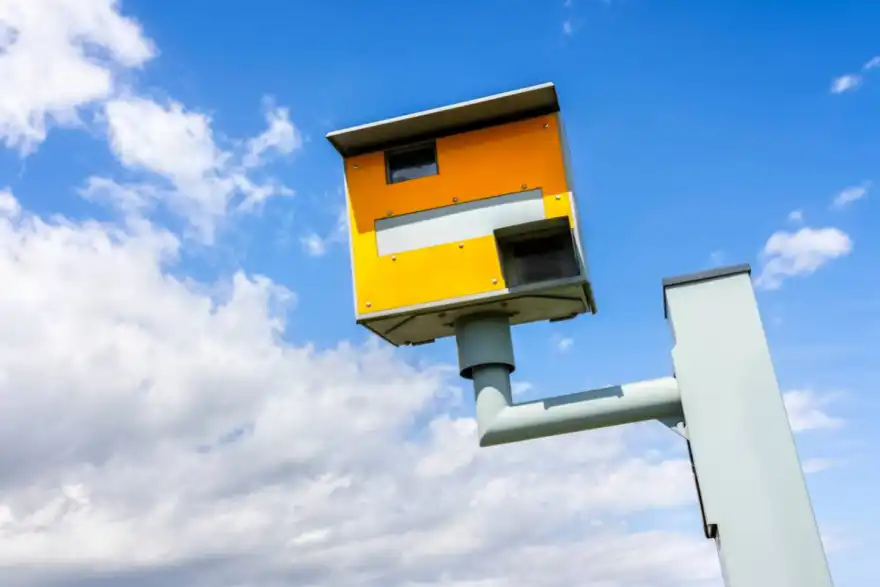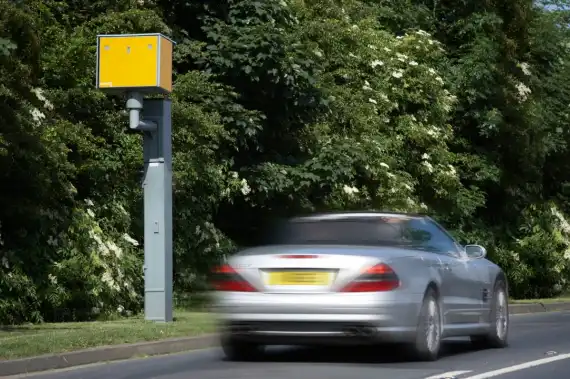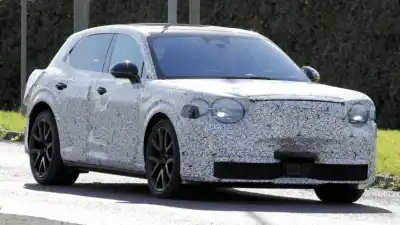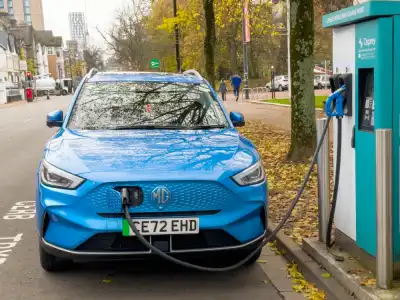
To get fined, you have to be driving at least 10 percent over the limit: False
Legally, this is false, although it’s likely that if you travel 33mph in a 30mph zone you probably won’t get flashed for speeding. This is because guidance from the NPCC suggests that police officers give drivers the 10 percent plus 2 mph leeway.
Speed cameras must be yellow to be legal: False
The vast majority of fixed cameras are painted yellow but mobile cameras are harder to spot and aren’t usually yellow. You can’t use the excuse of not seeing the camera to avoid paying a fine.
If you change lanes an average speed camera won’t catch you: False
Modern average speed camera systems have multiple cameras to monitor all lanes and use ANPR technology to track vehicles so you can’t fool them by changing lanes.
You can ask for a speed awareness course: False
Drivers with a clean licence who get caught speeding for the first time might be offered a speed awareness course instead of penalty points depending on the severity of their speed when caught. You can’t request a course if you haven’t been offered one.
Not all speed cameras work, some are switched off: TRUE
Freedom of Information requests have revealed that not all of the UK’s speed cameras are fully operational.

Average speed cameras don’t work: False
Average speed cameras are renowned for working well in this day and age. Regit certainly wouldn’t chance going over the speed limit to test their effectiveness as you will likely get pinged!
You must be notified within a certain amount of time for it to be valid: TRUE
According to Brake, a driver who is caught by a speed camera, rather than a police officer, must be sent a Notice of Intended Prosecution (NIP) within 14 days. The notice will go to the individual who the vehicle is registered to.
Speed cameras must be accompanied by warning signs: False
Although fixed point cameras are regularly accompanied by warning signs this is not a necessity and is simply designed to give you a heads up so your speed is legal.
You haven’t been caught if the camera doesn’t flash: False
Some cameras are equipped with hi-tech night vision, some flash, some do not. Average speed cameras will likely not flash if you have been caught – you may have spotted fixed lighting systems on motorways to help alleviate the need for a camera flash.
Some cameras can catch you on your phone when driving
Councils have invested heavily over the last few years in such cameras like those nicknamed ‘yellow vultures’ that can catch you on your phone whilst driving.
The Zengrab Lanewatch camera is an example of the high-tech, multi-tasking camera’s councils are using. It can catch motorists who illegally enter a bus lane or a no stopping zone, it can also identify motorists making an illegal U-turn or entering a one way street the wrong way – so beware!




